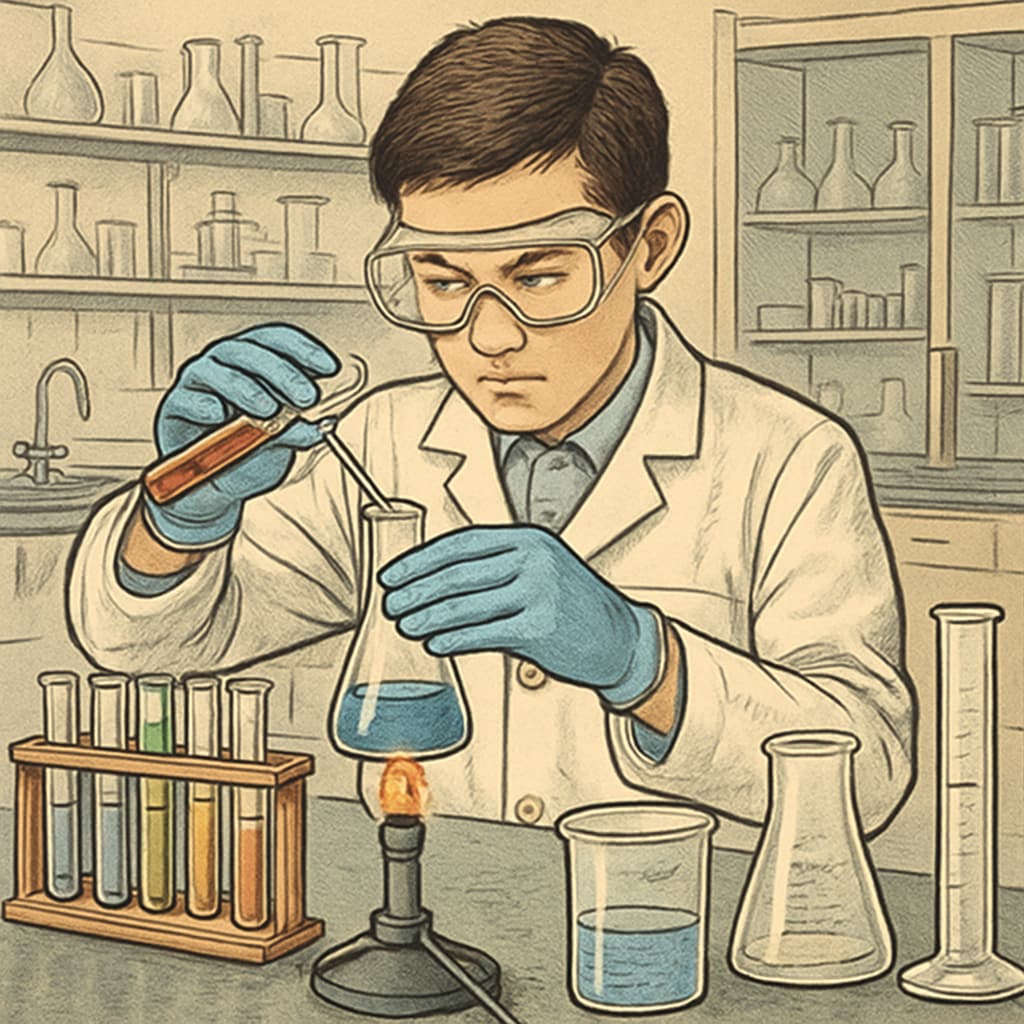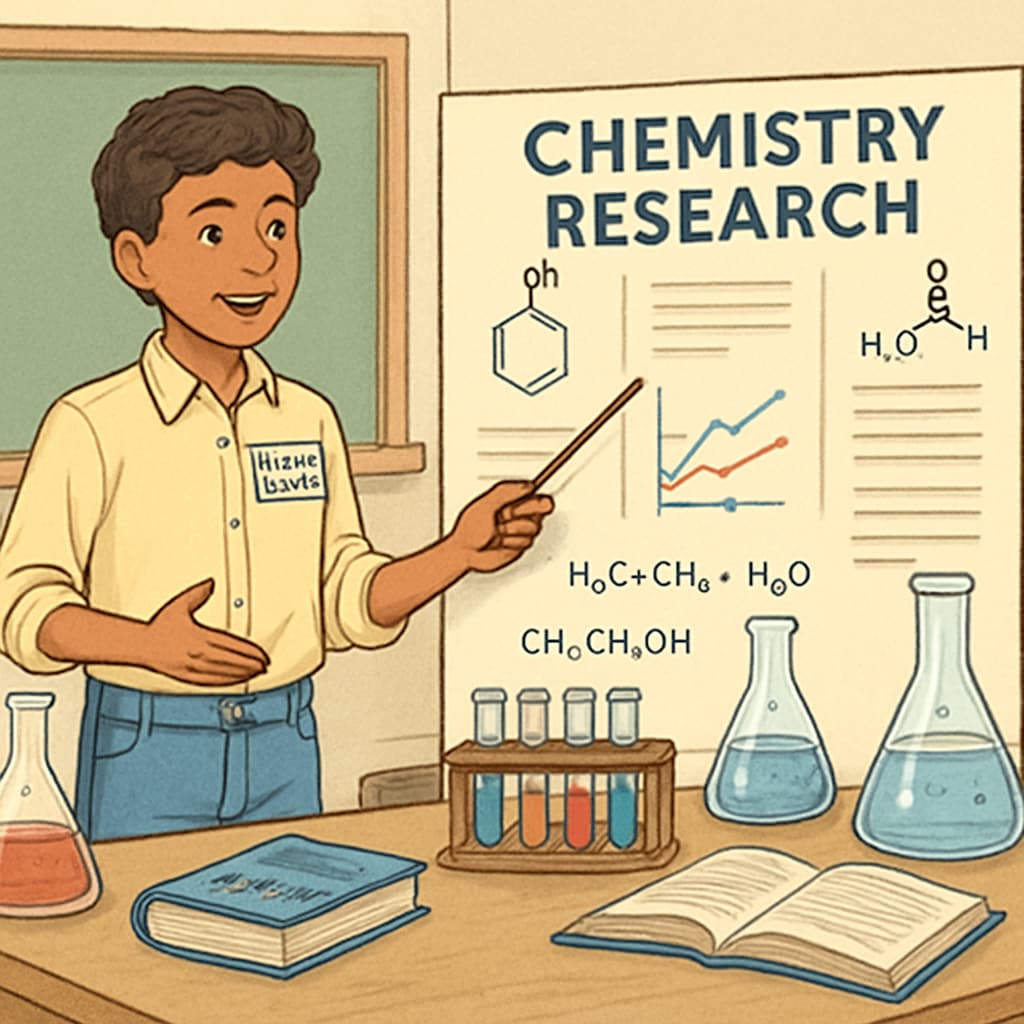For many students, choosing a topic for their high school chemistry project can be both exciting and daunting. With the right approach, this process can become an invaluable opportunity to explore scientific curiosity. This guide will help you navigate the selection process by focusing on interests, interdisciplinary ideas, and feasibility, ensuring that your topic is both innovative and achievable. Whether you are new to chemistry or already passionate about it, these tips and examples will ignite your scientific journey.
How to Choose the Right Chemistry Project Topic
Choosing the perfect topic for your high school chemistry project requires a balance between personal interest, innovation, and practicality. Here are some steps to guide you:
- Identify Your Interests: Start by reflecting on the areas of chemistry that excite you the most. Are you fascinated by environmental issues, food science, or materials development?
- Explore Real-World Applications: Consider how your project might address everyday challenges or contribute to solving larger societal issues.
- Check Feasibility: Ensure that the project is manageable within the resources and time you have. Projects requiring expensive equipment or advanced techniques may need to be simplified.
- Think Interdisciplinary: Chemistry often overlaps with biology, physics, and even engineering. Combining fields can lead to innovative and unique projects.
By following these steps, you can narrow down your options and focus on a topic that not only interests you but is also achievable within your constraints.

Innovative and Practical Chemistry Project Ideas
If you are looking for inspiration, here are some project ideas that blend everyday relevance with scientific exploration:
- Environmental Chemistry: Investigate the effects of household cleaning products on water quality or explore methods for removing microplastics from water.
- Food Science: Analyze the chemical differences between organic and non-organic foods, or study the impact of cooking methods on nutritional content.
- Renewable Energy: Explore the efficiency of different natural materials in solar cells or create a simple biofuel using waste products.
- Materials Science: Test the durability of biodegradable plastics versus traditional plastics, or study the chemical properties of self-healing materials.
- Health and Medicine: Research the chemistry behind drug delivery systems or analyze the chemical composition of herbal remedies.
Each of these ideas can be tailored to your resources and interests, making them excellent starting points for your project.

Tips for a Successful Chemistry Research Project
Once you have selected your topic, it’s essential to plan and execute your project effectively. Here are some tips to keep in mind:
- Create a Clear Plan: Outline your objectives, hypothesis, and experimental procedures before starting any practical work.
- Document Everything: Keep detailed records of your experiments, including observations, data, and any unexpected results.
- Seek Guidance: Don’t hesitate to consult with your teachers or mentors for advice and feedback.
- Focus on Presentation: A well-organized report or presentation can make a significant difference in how your project is received.
By staying organized and focused, you can ensure that your research project is both enjoyable and impactful.
Conclusion: Selecting and completing a high school chemistry research project is a rewarding experience that can enhance your problem-solving skills and deepen your understanding of science. By choosing a topic that aligns with your interests and resources, you can make the process both enjoyable and meaningful. So, take the first step today and ignite your passion for chemistry!
Readability guidance: This article uses short paragraphs and lists to enhance readability. Transition words like “however,” “therefore,” and “for example” are used throughout to maintain flow, while long sentences and passive voice are minimized to ensure clarity.


